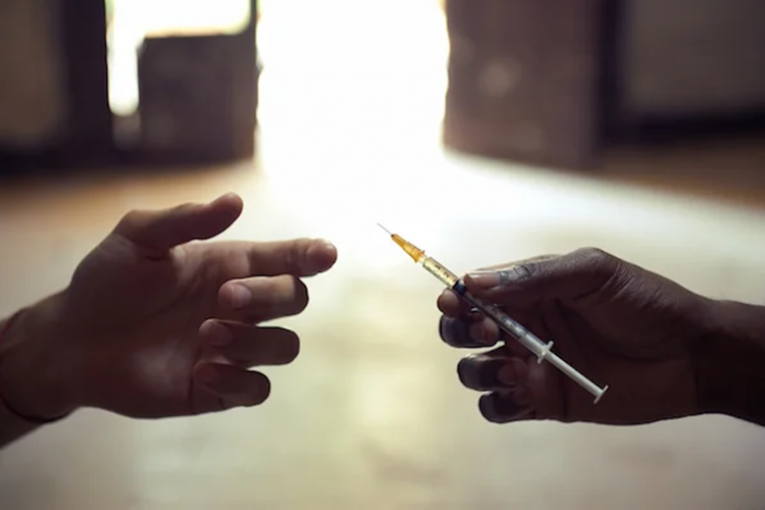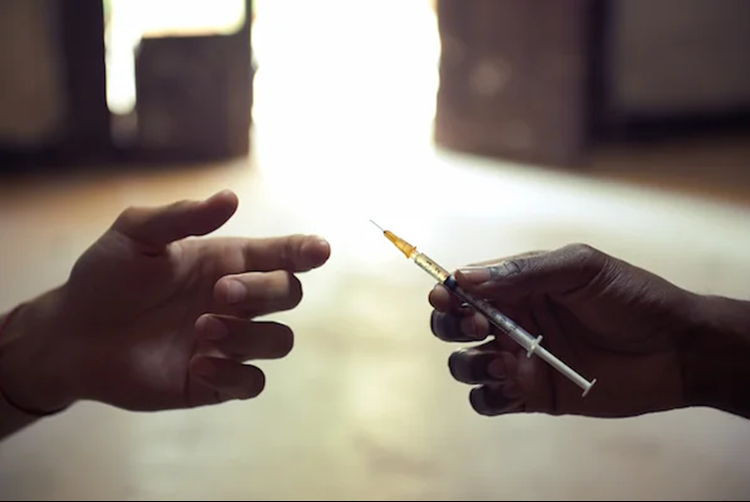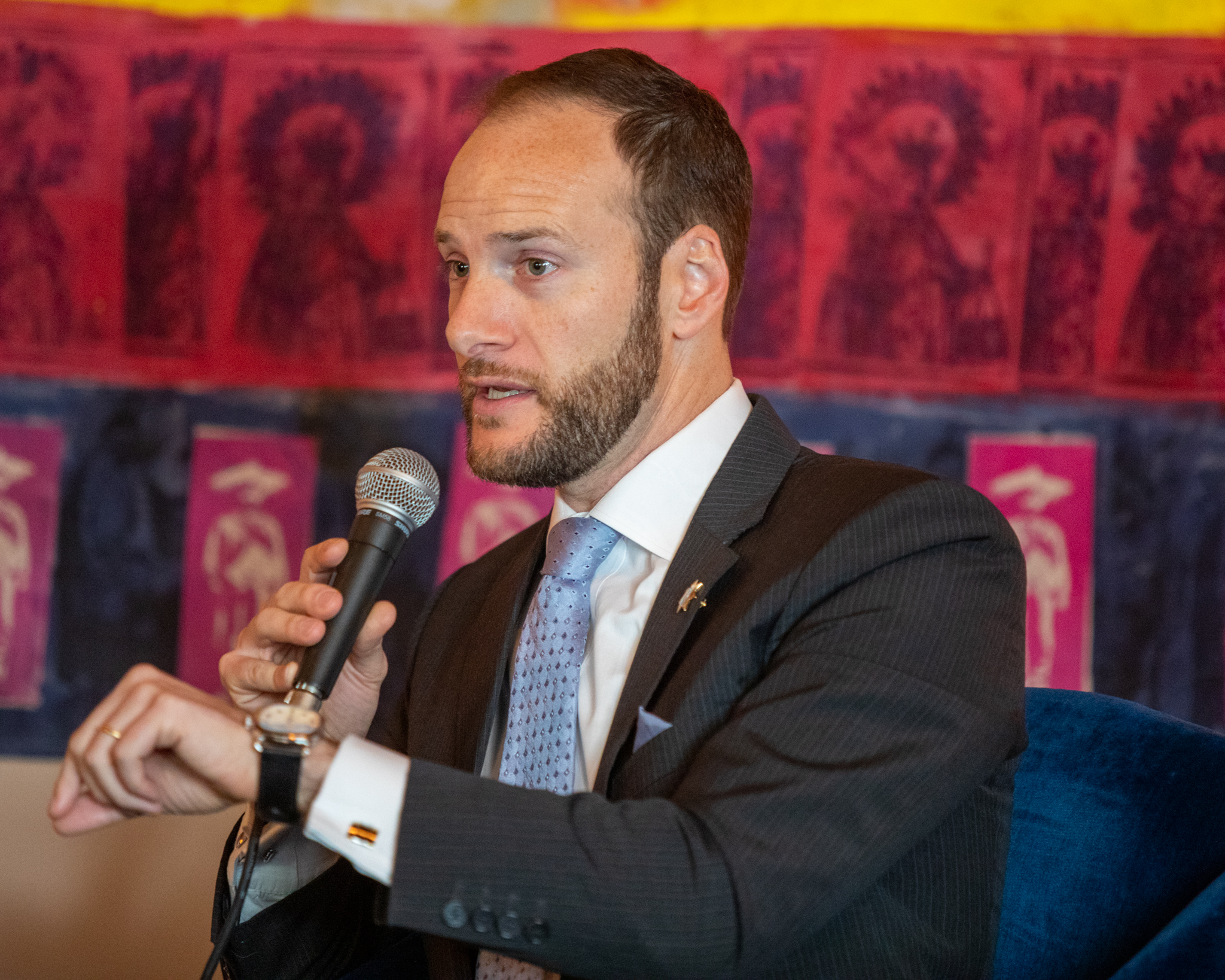

By Chesa Boudin, Sarah George and Miriam Aroni Krinsky
All eyes were on Philadelphia this month, as the outcome of the election rested in poll workers’ hands. It’s not surprising that the citizens of Philly were ready for change — they’ve faced a disproportionately heavy toll as a result of the current administration’s ineffective coronavirus policies. And that toll has tragically included an increased rate of deadly opioid overdoses.
But Philly isn’t alone — overdoses tragically have increased in communities across the nation, from San Francisco to Burlington, Vt.
On Monday, a federal court is hearing arguments in the case to allow Safehouse, a Philadelphia nonprofit organization, to open our nation’s first overdose prevention site. Others will be watching closely, as fear of federal prosecution has previously derailed efforts by states — including a bill in California in 2018 vetoed by then-Gov. Jerry Brown — to embrace this proven mechanism for saving lives. But the escalating overdose crisis, and the Safehouse case, have given new urgency and hope to advocates. California state Sen. Scott Wiener, D-San Francisco, recently announced plans to reintroduce legislation to legalize safe injection sites when the Legislature reconvenes in December. A positive ruling in the Safehouse case would help clear the way for California and cities like Burlington to open these lifesaving centers.
Overdose prevention sites (OPSs), also called “supervised consumption” or “safe injection” sites, provide a location to use drugs under the supervision of people trained to immediately reverse overdoses. They’re also harm reduction outreach centers where people can receive medical care, access social services, and explore treatment. As leaders in prosecution, we know that OPSs provide lifesaving care that countless communities desperately need — and in the wake of the surge in overdoses, we need them more than ever. With a new administration on the way to the White House, Philadelphia  has the chance to model a new approach to the overdose crisis that could inspire change across the nation.
has the chance to model a new approach to the overdose crisis that could inspire change across the nation.
OPSs have found staunch allies in the reform prosecutor movement and with a growing generation of law enforcement leaders. Earlier this year, 85 criminal justice leaders joined in an amicus brief supporting the legality of the planned OPS in Philadelphia, arguing that it doesn’t violate the Controlled Substance Act, and provides a lifesaving service critical to public safety. As they noted, the need for OPSs is especially important in the context of COVID-19 because medical experts cautioned that these epidemics are “intersecting in ways that are additively deadly” and predict “an overdose surge will compound the COVID-19 pandemic if urgent action is not taken.” Tragically, they were right: 40 states have reported increased overdose deaths since the start of the pandemic and nationally, overdose deaths are on track to reach an all-time high. In San Francisco, 441 people died of an overdose in 2019, and the number of overdoses this year through August alone already exceeded that number.
Now, as coronavirus cases reach record numbers across the United States, harm reduction strategies are even more critical. Overdose prevention sites are a well-established means of preventing fatal overdoses and they have other beneficial outcomes. Research shows that they prevent overdose deaths; reduce the transmission of infectious diseases, public injections, and discarded syringes; and increase the number of people entering treatment programs. More than 120 such sites exist worldwide, including many in Canada. Overdose prevention sites should be part of a comprehensive COVID-19 strategy: They can provide access to COVID-19 testing for the most marginalized people who otherwise have little interaction with the health care system and access to opioid substitution therapies like buprenorphine and methadone, which are essential for ensuring those who use drugs can successfully quarantine. But most importantly, they save lives.
The legal battle over Safehouse resulted from the misguided decision by the current Department of Justice to fight a lifesaving strategy — used successfully by other nations for years — based on a questionable interpretation of the Controlled Substances Act. Despite the clear intent of the so-called “crack house statute” to reduce illicit drug use, not limit public health approaches, the DOJ has argued that these laws bar OPSs. The Biden-Harris administration could open the door to OPSs across the nation by embracing the thoughtful decision by United States District Court Judge Gerald Austin McHugh and ending this fight. While President-elect Biden’s criminal justice platform does not reference harm reduction or overdose prevention sites, now is the time to promote interventions proven to saving lives: overdose prevention sites.
A comprehensive overdose prevention strategy that includes overdose prevention sites should be a given for anyone who says they believe Black lives matter. Despite the perception of the overdose epidemic as a crisis primarily in white rural areas, overdose rates have skyrocketed in Black communities. From 2016 to 2017, the mortality rate among Black people rose by 25%, compared with the 11% increase among white individuals. In San Francisco, the overdose rate was four times higher for Black people than white, and Black men in their 50s suffer the highest mortality rates. In Philadelphia, in the first three months of the pandemic, drug overdoses killed more Black individuals than white for the first time, echoing the health disparities made visible during the pandemic.
Philadelphia deserves better — and so does the rest of America. It’s time for the Department of Justice to stop standing in the way of saving lives, and we hope the Third Circuit and the incoming administration agree. Far too many lives have already been lost. Philadelphia needs Safehouse today, just as San Francisco and other cities around the nation — and our entire country — need a new path forward toward ending the overdose epidemic.

Chesa Boudin is the district attorney of San Francisco. Sarah George is the state’s attorney of Chittenden County (Burlington), Vt. Miriam Aroni Krinsky is the executive director of Fair and Just Prosecution, a nonprofit that works with elected prosecutors around the nation committed to reform.
To sign up for our new newsletter – Everyday Injustice – https://tinyurl.com/yyultcf9
Support our work – to become a sustaining at $5 – $10- $25 per month hit the link: